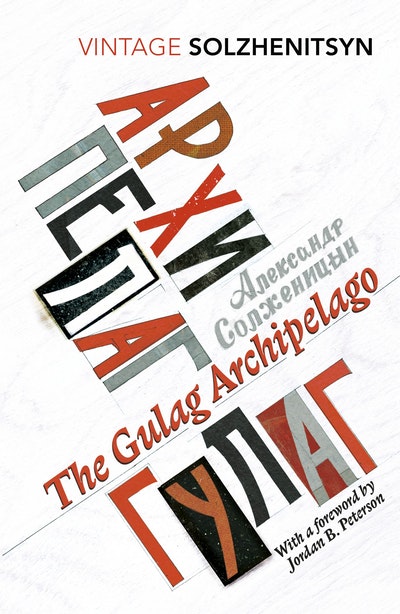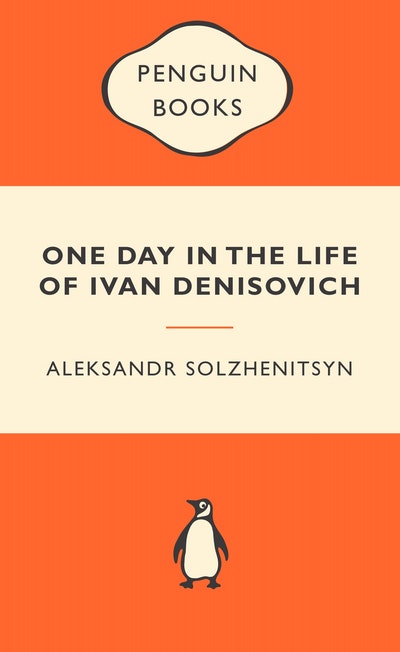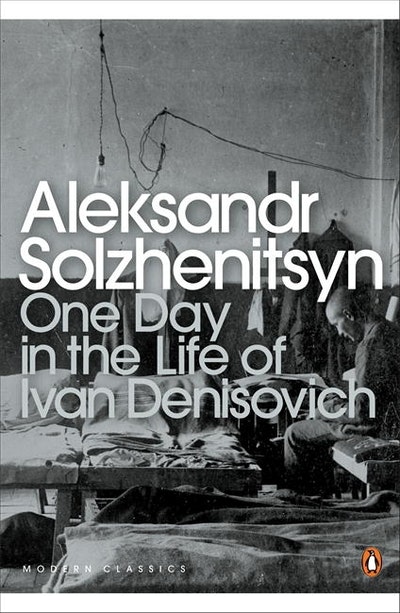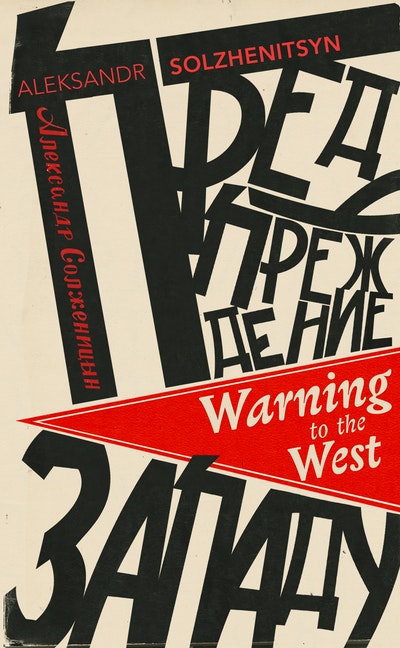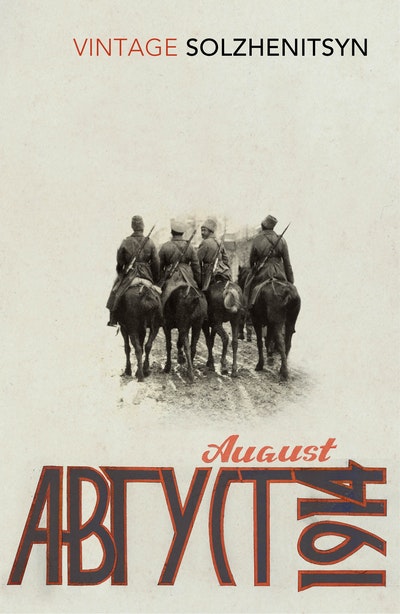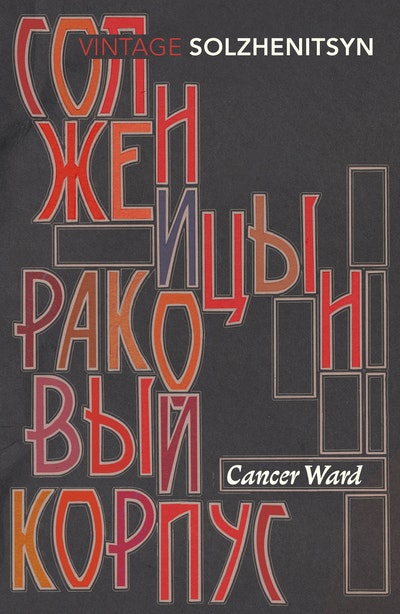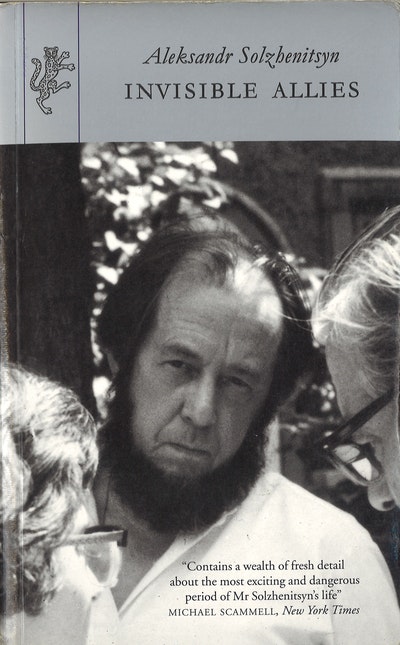- Published: 19 November 2018
- ISBN: 9781784871512
- Imprint: Vintage Classics
- Format: Paperback
- Pages: 576
- RRP: $26.99
The Gulag Archipelago
- Published: 19 November 2018
- ISBN: 9781784871512
- Imprint: Vintage Classics
- Format: Paperback
- Pages: 576
- RRP: $26.99
To live now and not to know this work is to be a kind of historical fool missing a crucial part of the consciousness of the age
W.L. Webb, Guardian
The ferocious testimony of a man of genius
Stephen Spender, London Magazine
What gives the book its value is the sound it gives out; the harsh roar give out by a wise and experienced animal as a warning that the herd is in danger
Rebecca West, Sunday Telegraph
He is one of the towering figures of the age as a writer, as moralist, as hero... in The Gulag Archipelago he has acheived the impossible
Edward Crankshaw, Observer
It is impossible to name a book that had a greater effect on the political and moral consciousness of the late twentieth century
David Remnick, New Yorker
He is one of the towering figures of the age as a writer, as moralist, as hero... in The Gulag Archipelago he has acheived the impossible
Edward Crankshaw, Observer
What gives the book its value is the sound it gives out; the harsh roar give out by a wise and experienced animal as a warning that the herd is in danger
Rebecca West, Sunday Telegraph
The ferocious testimony of a man of genius
Stephen Spender, London Magazine
To live now and not to know this work is to be a kind of historical fool missing a crucial part of the consciousness of the age
W.L. Webb, Guardian
It is impossible to name a book that had a greater effect on the political and moral consciousness of the late twentieth century
David Remnick, New Yorker
